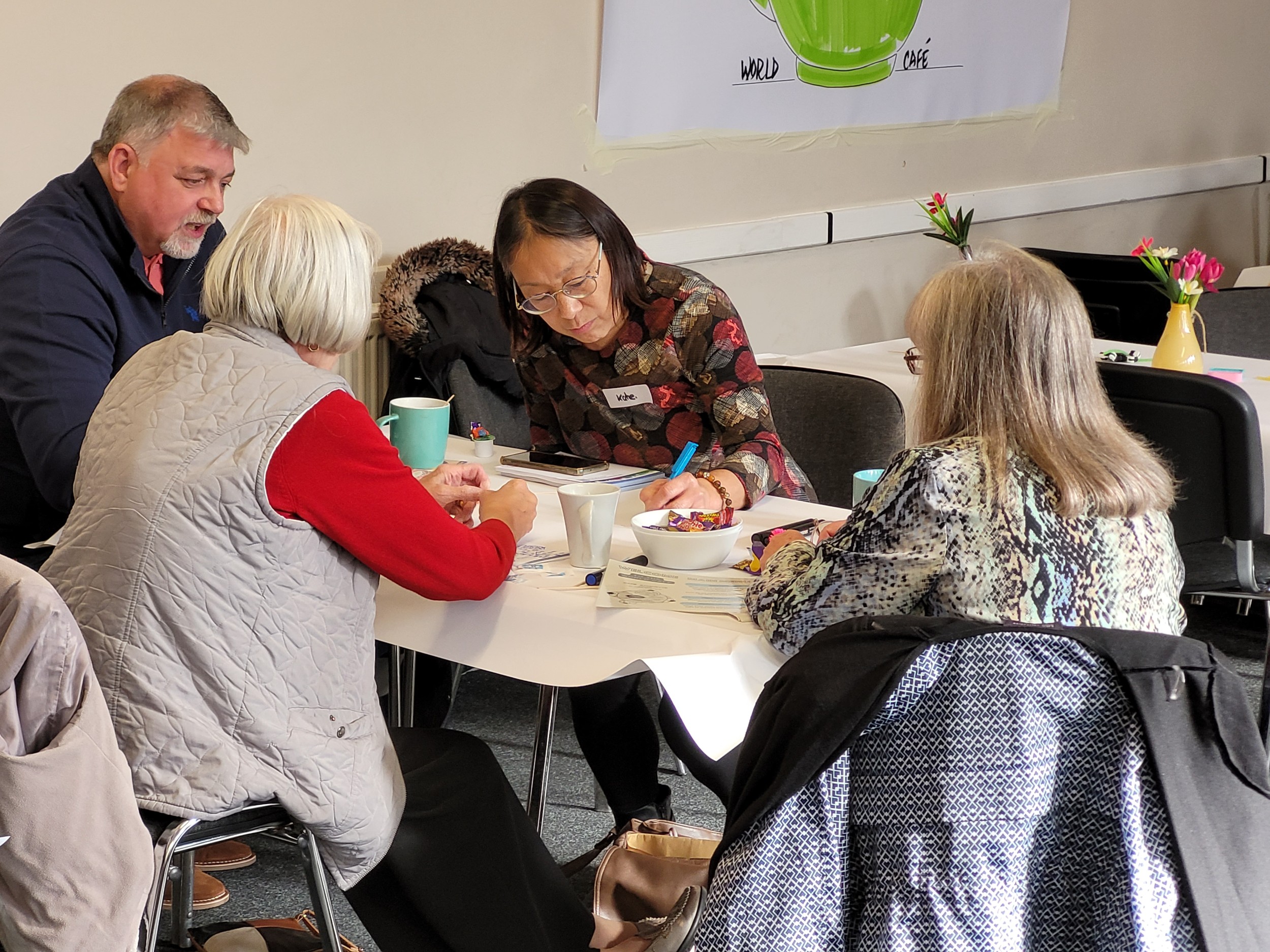First contact paramedics who have completed the Roadmap to Practice within Primary Care are autonomous, diagnostic clinicians with experience in handling undifferentiated and unpredictable cases. As generalists, they can effectively use the medical model to assess, examine, treat, and manage patients of all ages, with a variety of undifferentiated and chronic conditions. Their work can involve triaging patients, carrying out telephone and face-to-face consultations, and conducting home visits. They refer patients to GPs for the management of presentations and pharmacology outside their scope of practice.
Brief outline of responsibilities:
- To deliver a high standard of patient care within the practice, working at the top of their clinical scope of practice.
- As a member of a varied clinical team, manage a clinical caseload, dealing with presenting patients’ needs within a primary care setting, ensuring patient choice and ease of access to services.
- To support the same-day care team within the practice e.g. minor injury and illness, abdominal pains, chest pain, tiredness, and headache.
- Perform specialist health checks and reviews.
- To provide clinical leadership within the practice.
- To mentor and support staff in developing and maintaining clinical skills.
For more information on Paramedics / FCPs in Primary Care please see the below links:
To practice as a paramedic, an approved degree in paramedic science is required or an equivalent apprenticeship degree. Application to an ambulance service as a qualified paramedic and registration with the Health and Care Professions Council (HCPC) is then required. Regulations as with all other allied health professions, the term ‘paramedic’ is a protected title by law.
All paramedics, whether working in the NHS, private or voluntary sectors must be registered with the Health and Care Professions Council (HCPC). To remain on the HCPC register, registrants must demonstrate that they continue to meet these standards as this is how their fitness to practice is determined. All paramedics are required to renew their registration with the HCPC every two years, to continue to practice as a paramedic.
As registered health professionals, there are also expectations for paramedics to undertake activities relating to leadership and management, and research and education (which include the role of a practice educator). Paramedic science courses usually take between three - or four-years full time and include a mixture of theory and practical work including placements with the ambulance services.
Entry requirements for an undergraduate course are typically:
- Two or three A levels, including a science, along with five GCSEs (grades 9-4/A-C), including English language, maths and science or equivalent qualifications:
- a BTEC, HND or HNC, including science
- a relevant NVQ
- a science- or health-based access course 3.
For more information, please contact primarycare.



